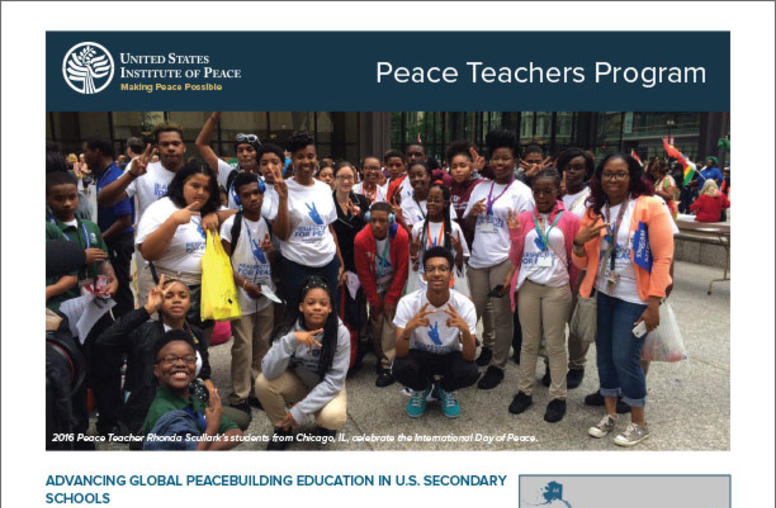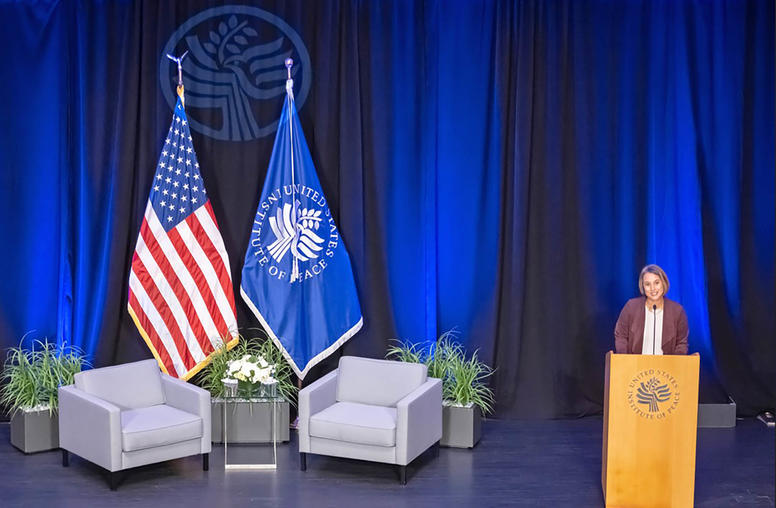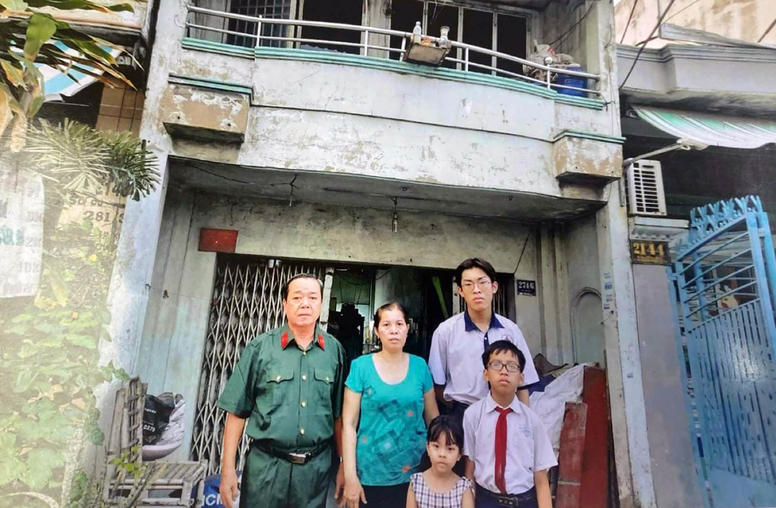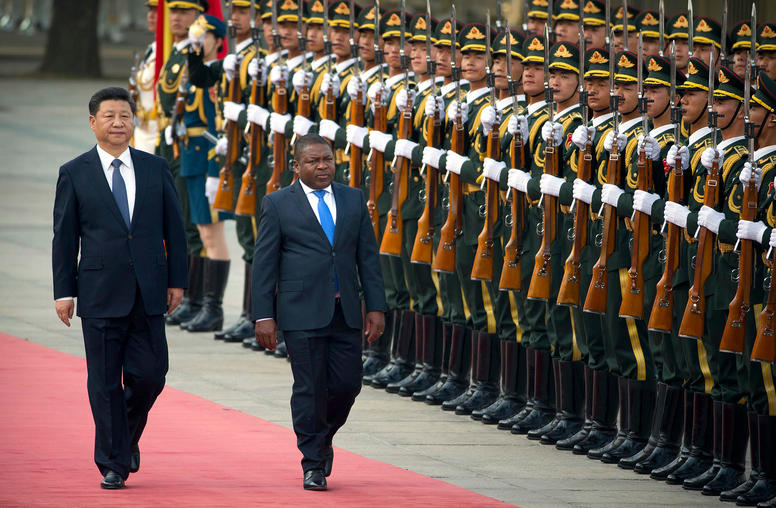Training to Help Traumatized Populations
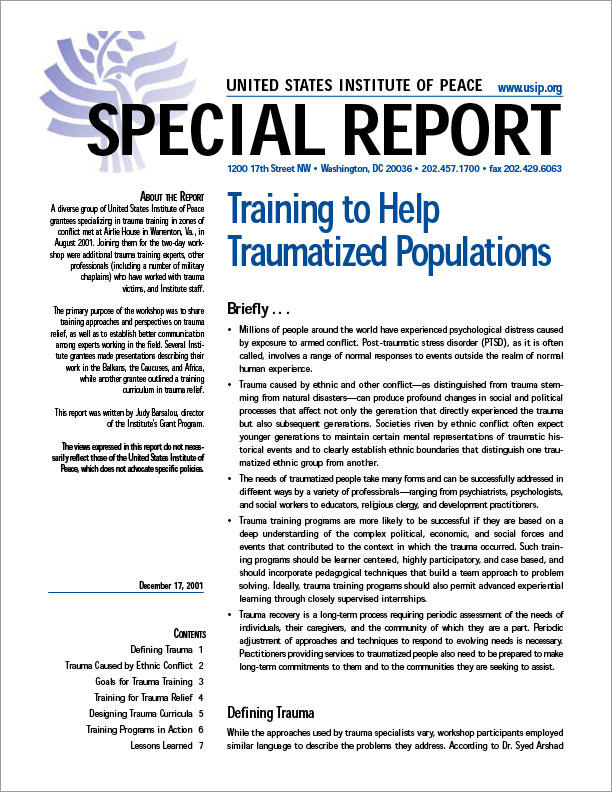
Summary
- Millions of people around the world have experienced psychological distress caused by exposure to armed conflict. Post-traumatic stress disorder (PTSD), as it is often called, involves a range of normal responses to events outside the realm of normal human experience.
- Trauma caused by ethnic and other conflict--as distinguished from trauma stemming from natural disasters--can produce profound changes in social and political processes that affect not only the generation that directly experienced the trauma but also subsequent generations. Societies riven by ethnic conflict often expect younger generations to maintain certain mental representations of traumatic historical events and to clearly establish ethnic boundaries that distinguish one traumatized ethnic group from another.
- The needs of traumatized people take many forms and can be successfully addressed in different ways by a variety of professionals--ranging from psychiatrists, psychologists, and social workers to educators, religious clergy, and development practitioners.
- Trauma training programs are more likely to be successful if they are based on a deep understanding of the complex political, economic, and social forces and events that contributed to the context in which the trauma occurred. Such training programs should be learner centered, highly participatory, and case based, and should incorporate pedagogical techniques that build a team approach to problem solving. Ideally, trauma training programs should also permit advanced experiential learning through closely supervised internships.
- Trauma recovery is a long-term process requiring periodic assessment of the needs of individuals, their caregivers, and the community of which they are a part. Periodic adjustment of approaches and techniques to respond to evolving needs is necessary. Practitioners providing services to traumatized people also need to be prepared to make long-term commitments to them and to the communities they are seeking to assist.
About the Report
A diverse group of United States Institute of Peace grantees specializing in trauma training in zones of conflict met at Airlie House in Warrenton, Va., in August 2001. Joining them for the two-day workshop were additional trauma training experts, other professionals (including a number of military chaplains) who have worked with trauma victims, and Institute staff.
The primary purpose of the workshop was to share training approaches and perspectives on trauma relief, as well as to establish better communication among experts working in the field. Several Institute grantees made presentations describing their work in the Balkans, the Caucuses, and Africa, while another grantee outlined a training curriculum in trauma relief.
This report was written by Judy Barsalou, director of the USIP's Grant Program.
The views expressed in this report do not necessarily reflect those of the United States Institute of Peace, which does not advocate specific policies.
